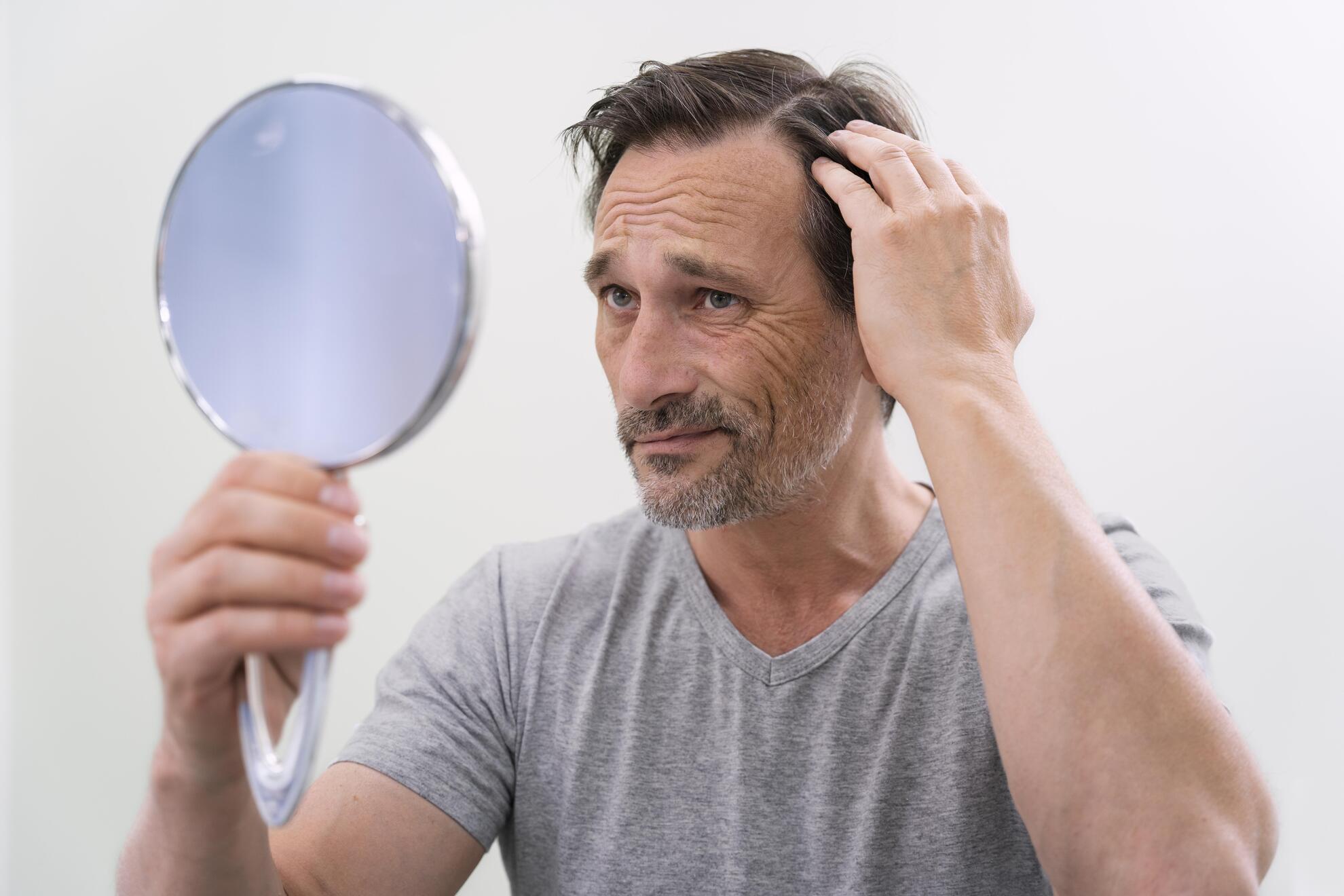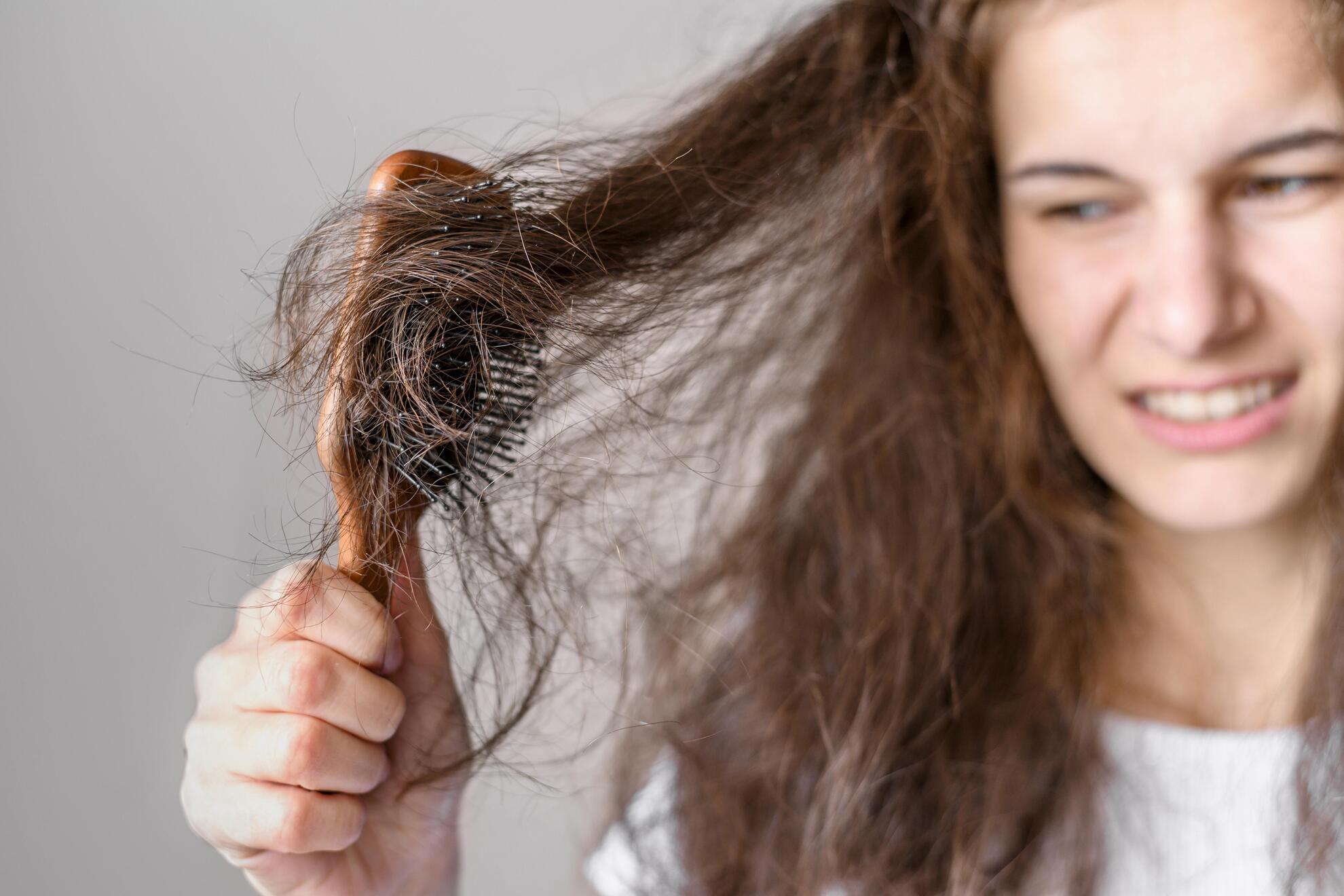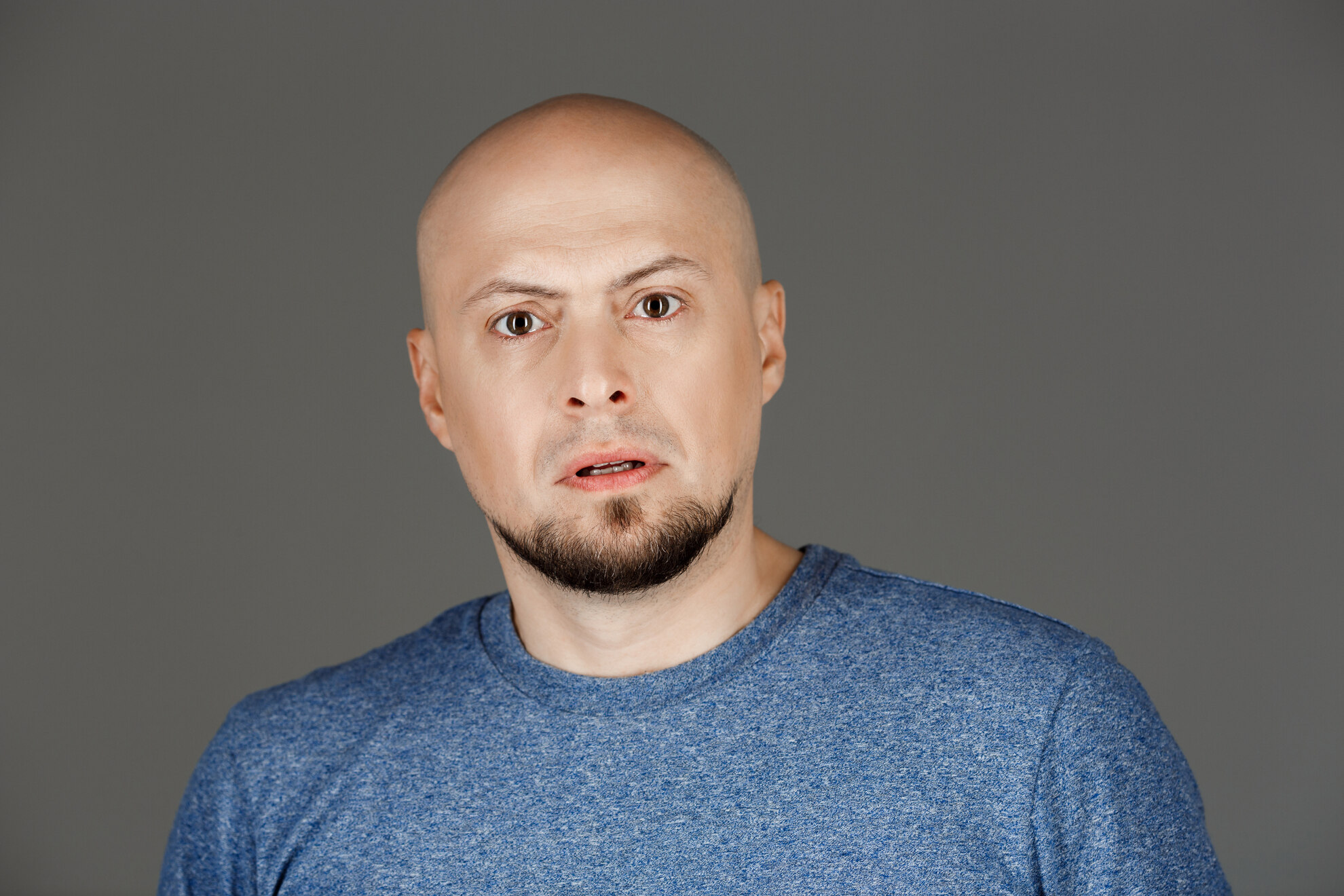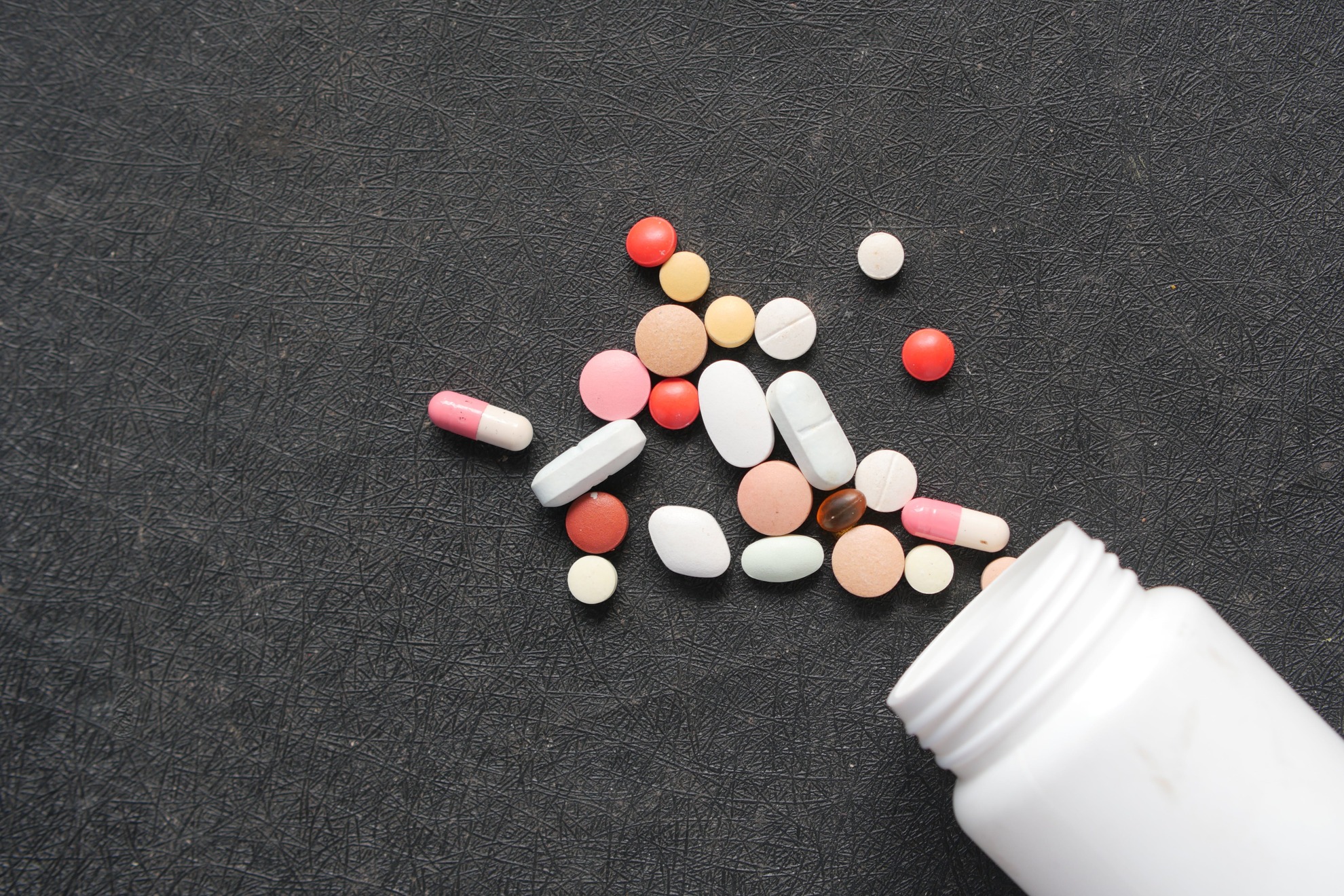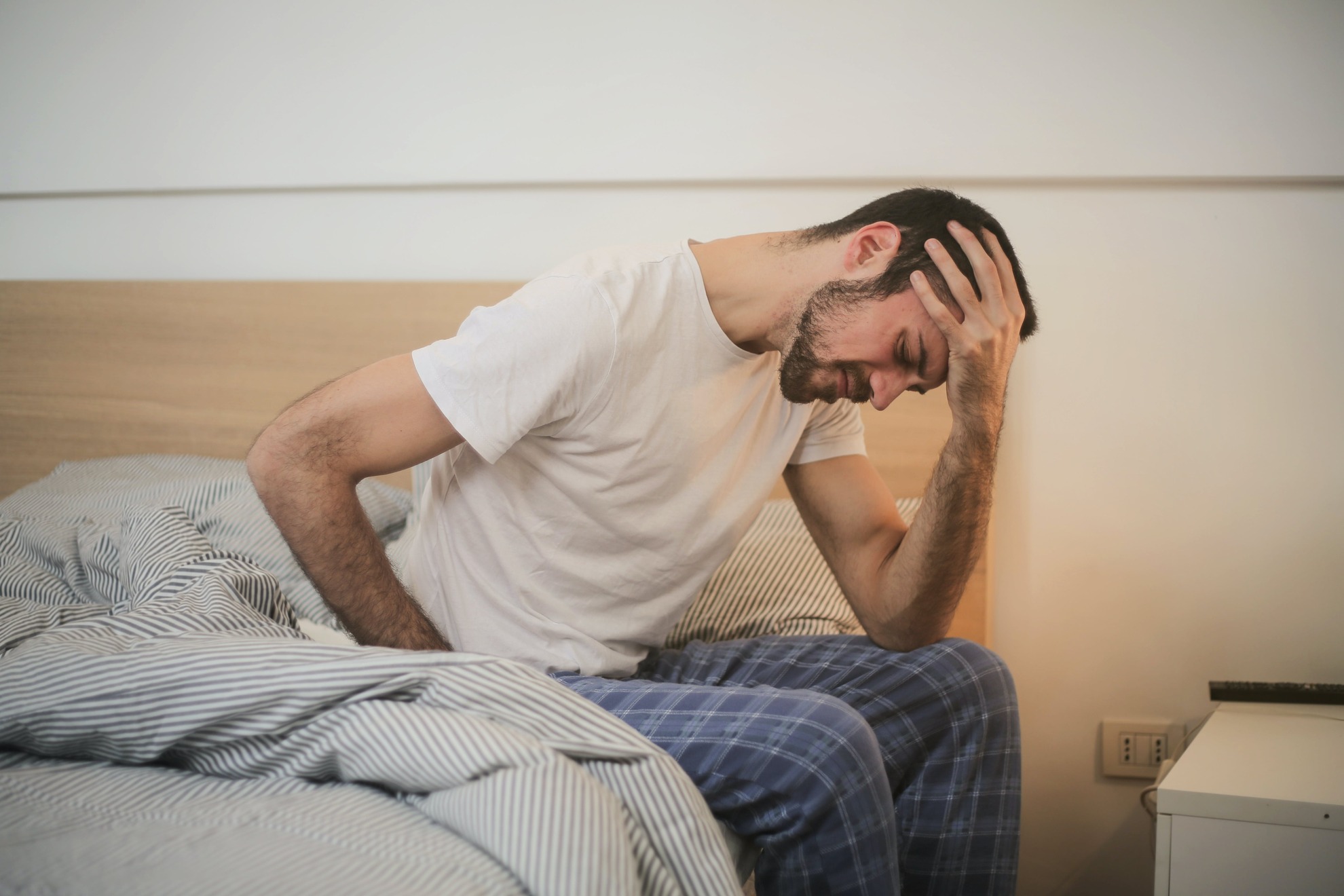What are DHT Blockers and How Do They Prevent Hair Loss? Thursday, August 21, 2025

What are DHT Blockers and How Do They Prevent Hair Loss? Thursday, August 21, 2025
Hair thinning and hair loss can be influenced by many factors — genetics, hormones, nutrition, stress, and certain medical conditions. One hormone-related factor that has been studied in connection with hair loss is dihydrotestosterone (DHT). Some individuals explore DHT blockers as part of their hair health strategy, but it’s important to understand what they are, how they are discussed in research, and the limitations of current evidence. In a world where personal appearance often influences self-esteem and social perceptions, hair loss can be a distressing experience for many. It's not just a cosmetic issue; it often carries psychological effects. This blog explores DHT blockers for women and men, a popular solution to combat hair loss, unravelling the science behind their effectiveness, discussing their role in hair health management, and highlighting the best DHT blocker options.

